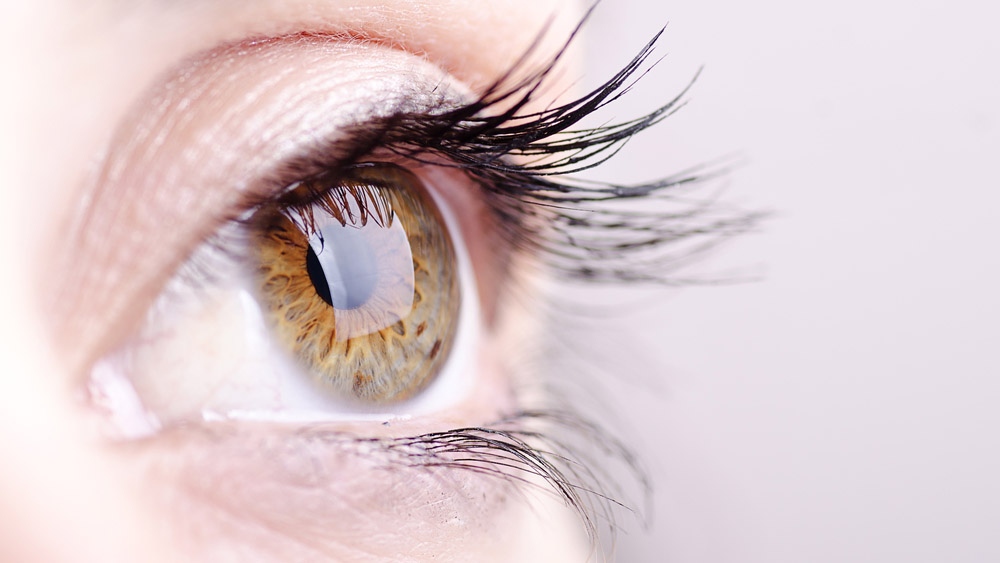
Poor air quality caused by wildfire smoke could be fuelling more conjunctivitis, eye irritation
CTV
If you’ve been feeling a burning in your eyes after spending time outside sometime in the last few months, it might be more common than you think — according to some experts, the poor air quality caused by raging wildfires across Canada is affecting more than just our lungs.
If you’ve been feeling a burning in your eyes after spending time outside sometime in the last few months, it might be more common than you think — according to some experts, the poor air quality caused by raging wildfires across Canada is affecting more than just our lungs.
Poor air quality caused by wildfire smoke could bring more cases of conjunctivitis and eye irritation than usual this year, experts warn.
“I've had a lot of patients who are just complaining of eye irritation, or those who already have dry eye, that are really finding that their symptoms are sort of acting up,” Mili Roy, an actively practicing ophthalmologist in Oakville, Ontario, told CTVNews.ca in a phone interview.
Roy, who is also an assistant professor in the department of ophthalmology at the University of Toronto, said that earlier in the spring, there were more patients coming in with their seasonal allergies “being much worse because of climate change.
“Now that we're sort of deeper into summer, we're seeing more people with just irritated eyes,” she said. “But particularly on the poor air quality days.”
The conjunctiva is a layer of tissue covering the front of the eyeball, and inflammation of that layer is called conjunctivitis. When conjunctivitis is caused by a viral infection, it’s more commonly referred to as ‘pink eye’, but conjunctivitis can also be caused by chemicals, allergens or other irritants in the air.
“What we are seeing is that the wildfire smoke, it creates an external irritant to the eye,” Roy said. “So that produces a form of what we call conjunctivitis due to that external irritation. And the other thing that happens with the wildfire smoke is with all the toxins that are in the air, it sort of acts as a bit of an allergen as well. So it can cause a little bit of an allergic conjunctivitis (as well).”
